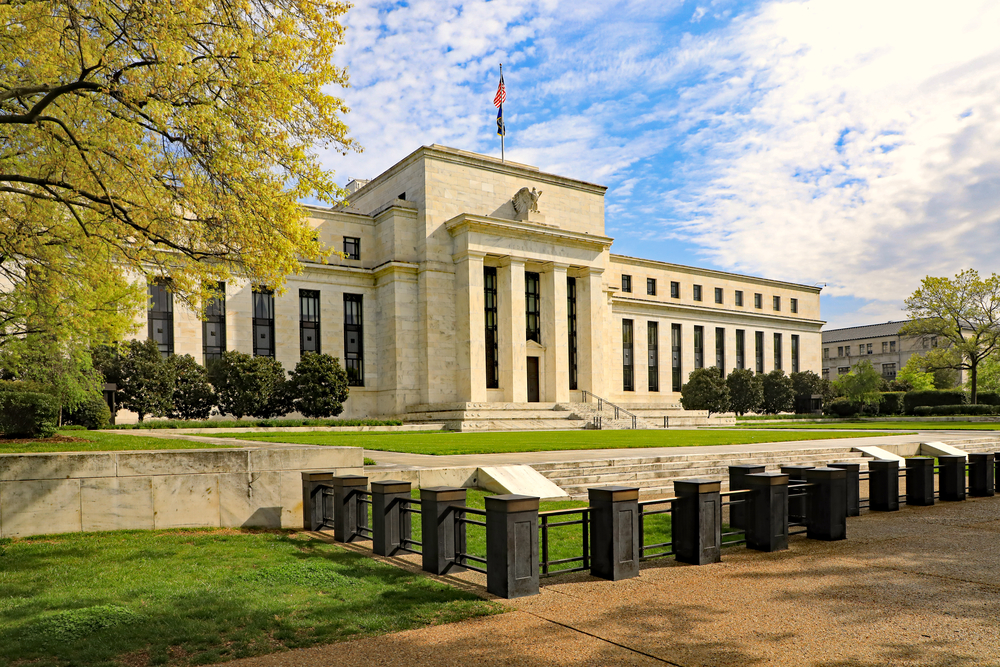Business
Fed Keeps Rates At Zero, Powell Says More Fiscal Support Needed

The Federal Reserve wrapped up its last meeting before the November elections. It announced that it would keep rates at essentially zero until at least 2023. This serves as a signal that it doesn’t see inflation as an issue at all for the foreseeable future.
Fed Chairman Jerome Powell said, “We're going to continue to monitor developments, and we're prepared to adjust our plans as appropriate.”
“With inflation running persistently below this longer run goal, the Committee will aim to achieve inflation moderately above 2 percent for some time so that inflation averages 2 percent over time and longer-term inflation expectations remain well anchored at 2 percent. The Committee expects to maintain an accommodative stance of monetary policy until these outcomes are achieved,” the Fed's post-meeting statement said.
Uncertainty and the Stock Market
However, the Fed's latest projections have core inflation staying below their 2% target until 2023. This leaves many observers unsure of the Fed’s actual plan to spur the inflation they desire. This uncertainty caused the stock market to drop after the announcement.
“He noted that targeting an inflation overshoot for ‘some time' as the statement says, means that they are not targeting a ‘sustained' overshoot. So how long is ‘some time' if it isn't sustained?'” asked AB economist Eric Winograd. “That imprecision is a problem that the committee is going to have to solve to reap the full benefits of the framework shift. It's not a coincidence that the stock market, which had been in positive territory, flipped negative after the chair's comments.”
“He's the great and powerful Oz. Investors got duped. They thought enhanced forward guidance meant something, but when they peeked behind the curtain they realized the Fed didn't do anything, and the market rolled over,” said Michael Arone, chief investment strategist at State Street Global Advisors.
Jon Hill, a senior fixed-income strategist at BMO, added “This is dovish – lower rates for longer, higher equities, weaker dollar. The Fed is saying we're not hiking in 2023, maybe in 2024 … What they're saying is these are our goals. We expect to have just barely met them and even then, they're not raising rates.”
Stimulus and Economic Recovery
Stepping ever-so-slightly into the political realm, Powell said that Congress should pass another stimulus package to support the economic recovery. He then identified unemployment aid, small business relief and funding for state and local governments as three key areas.
“More fiscal support is likely to be needed,” Powell said. “The details of that are for Congress, not the Fed.”
Republicans have repeatedly stated that they won’t provide additional funding to bailout poorly managed cities and states as part of any additional stimulus bills.
Up Next:















